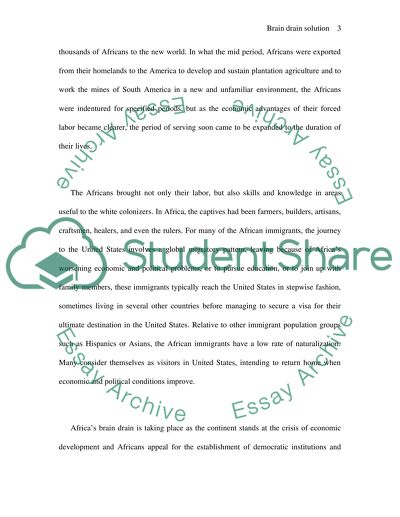Cite this document
(“Skilled Human Resource Management In Africa Essay”, n.d.)
Skilled Human Resource Management In Africa Essay. Retrieved from https://studentshare.org/miscellaneous/1515071-skilled-human-resource-management-in-africa
Skilled Human Resource Management In Africa Essay. Retrieved from https://studentshare.org/miscellaneous/1515071-skilled-human-resource-management-in-africa
(Skilled Human Resource Management In Africa Essay)
Skilled Human Resource Management In Africa Essay. https://studentshare.org/miscellaneous/1515071-skilled-human-resource-management-in-africa.
Skilled Human Resource Management In Africa Essay. https://studentshare.org/miscellaneous/1515071-skilled-human-resource-management-in-africa.
“Skilled Human Resource Management In Africa Essay”, n.d. https://studentshare.org/miscellaneous/1515071-skilled-human-resource-management-in-africa.


